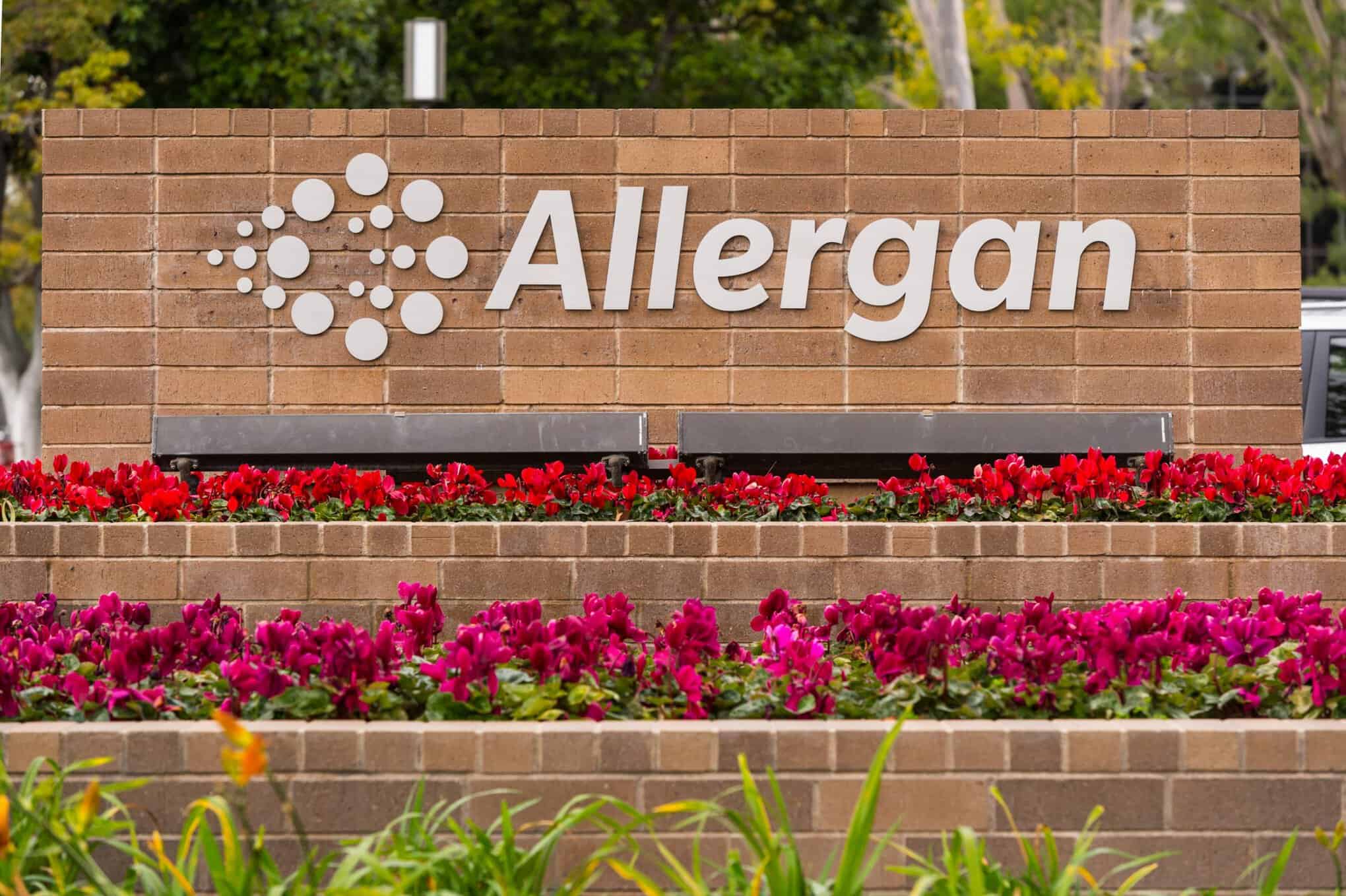
Allergan’s implantable drug Durysta, designed to reduce intraocular pressure (IOP), has won approval from the US Food and Drug Administration (FDA).
Durysta (bimatoprost implant) is the first biodegradable, sustained-release implant for IOP in patients with open-angle glaucoma or ocular hypertension.
Allergan’s implant works by delivering 10mcg of bimatoprost directly into the anterior chamber of the eye, although its use is limited to a single implant per eye without re-treatment.
The approval was based on the results of the two phase 3 ARTEMIS studies of Durysta, which evaluated the implant over 20-months, including an 8-month extended follow up.
In the two studies, Durysta reduced IOP by around 30% from baseline over the 12-week primary efficacy period, thereby meeting the criteria for non-inferiority to the study comparator – twice daily topical timolol drops.
“Millions of people are living with glaucoma, one of the leading causes of vision loss; however, new treatment options are needed to help doctors and patients better manage this disease,” said Felipe Medeiros, distinguished professor of ophthalmology and vice-chair for technology, director clinical research unit, department of ophthalmology, Duke University.
“The ARTEMIS trials demonstrated that Durysta lowered IOP in patients by approximately 30% and demonstrated a duration of effect through the 12-week primary efficacy period.
“As the first FDA-approved intracameral, biodegradable sustained-release implant providing continuous drug delivery, Durysta has the potential to significantly shift the paradigm for treating glaucoma,” he added.
The approval of Durysta marks an important moment for the treatment of glaucoma, which – although a prevalent disorder – lacks the advancements seen in other therapy areas.
One company looking to develop novel treatments for the ocular disorder is UK gene therapy company Quethera – which was acquired in 2018 by Japan’s Astellas Pharma.
The Cambridge-headquartered company is focused on developing new therapies for a number of ocular disorders, including glaucoma.
Ouethera’s ophthalmic gene therapy programme uses a recombinant adeno-associated viral vector (rAAV0 to introduce genes into target retinal cells for the treatment of glaucoma.
Its lead preclinical candidate has demonstrated significantly improved survival of retinal ganglion cells (RGCs) in preclinical models.
“We believe the rAAV programme has potential as a new therapeutic option for the treatment of refractory glaucoma through an intraocular pressure (IOP)-independent mechanism. It would address a high unmet medical need in glaucoma patients who are at risk of losing their eyesight,” said Kenji Yasukawa, Astellas’ president and CEO said at the time of the acquisition.




